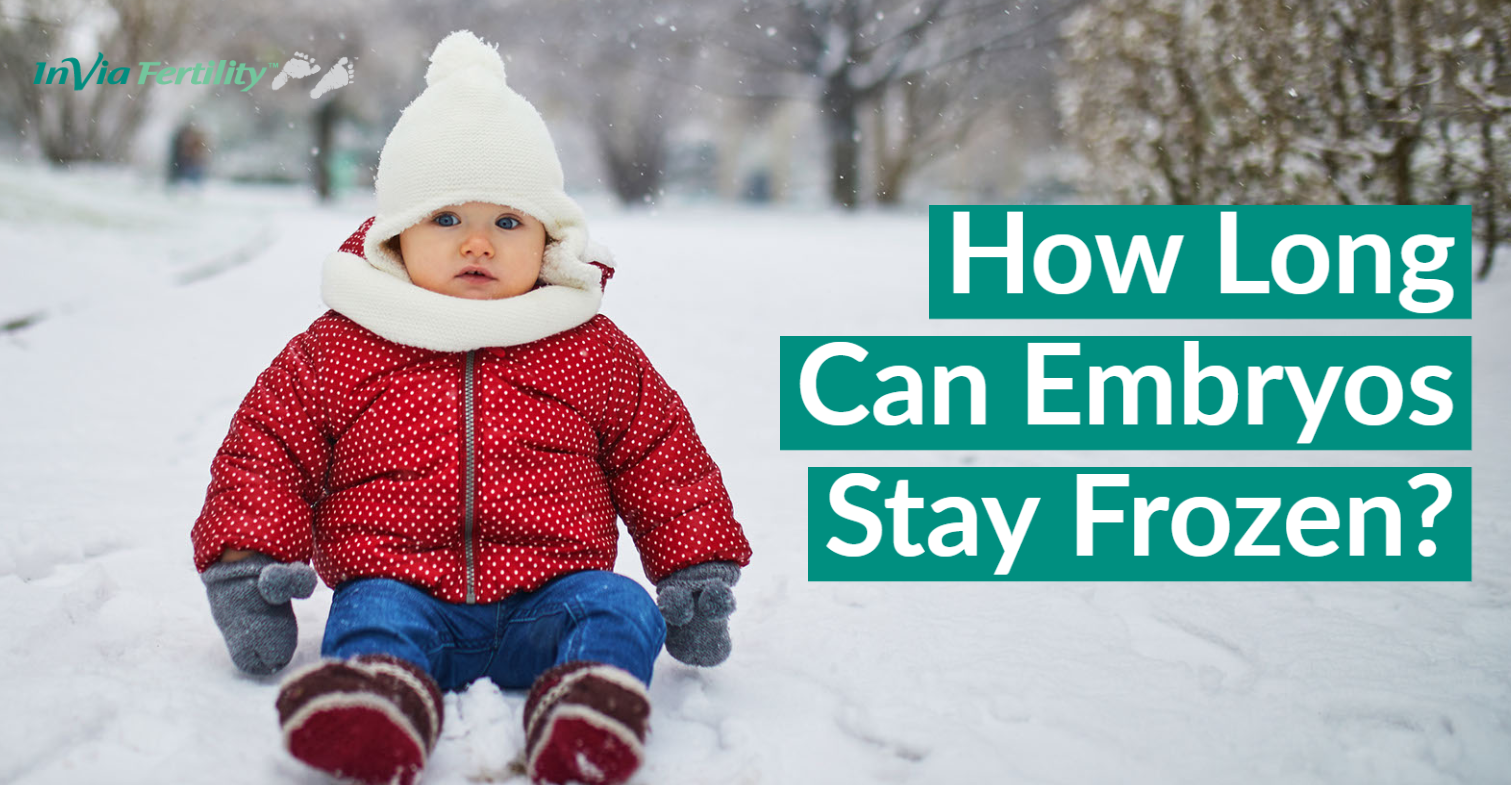

Successful embryo freezing dates back to 1984. Since then hundreds of thousands of babies have been born from successful frozen embryo transfers. Embryo freezing usually occurs when there are excess good quality embryos after in vitro fertilization (IVF), to minimize the risk of severe ovarian hyperstimulation syndrome or there is an unexpected hormonal shift or pre-implantation genetic diagnosis (PGD) is desired.
Now remember, we only freeze good-quality embryos. We will not freeze non-viable embryos or anything we don’t expect to survive the freezing and thawing process. Embryos can be frozen anytime after fertilization. Currently a majority of IVF programs freeze embryos at the blastocyst stage (5 or 6 days after egg retrieval). After embryos have undergone the freezing (cryopreservation) process, they are stored in secure liquid nitrogen tanks at a temperature of minus 196 degrees centigrade. Essentially no biological or physiological activity can occur until thawed.
No one yet knows what the maximum storage period is. If you think about it, freezing embryos did not become mainstream until the late 1980’s. Therefore, the longest human embryos have only been stored for up to 30 years. At InVia, we have seen pregnancies occur from embryos frozen up to 10 years. In October 2020, a baby was born from an embryo that had been frozen for 27 years! Whether an embryo remains viable beyond that 30-year time frame is unknown. However, with the proper environment, lab procedures, and lab protocols, embryos may be viable indefinitely.
After the freezing process every patient's embryos are placed into a designated storage space within a tank along with color-coded straws and important information. In the laboratory we have multiple large tanks filled with liquid nitrogen. You can think of each tank like a large thermos flask. Inside each tank is a long sensor wire measuring the temperature and liquid displacement.
Every tank is monitored 24 hours a day, 7 days a week, 365 days a year. If any sensor detects a problem it will send out an alarm and contact multiple laboratory personnel. In addition, there are daily physical checks where we examine the tanks for any signs of abnormality, such as evidence of wearing or a leak. The tanks are topped off with liquid nitrogen a couple of times a week to keep up with evaporation.
No matter how much care and how many precautions are taken to protect the embryos during the freezing process, some embryos have more dead cells after they have been thawed. There is a chance the embryos will not survive. Lately we have seen great success with vitrification. Embryos tolerate the cryopreservation process very well and we expect over 90% of embryos to survive the process. Ideally after the thawing process the embryos continue to grow and divide.
The freezing process does not appear to cause or introduce any genetic abnormalities to embryos after thawing. While there are very few studies and literature on the outcome of embryos cryopreserved and thawed for successful pregnancies, the studies that are out are reassuring. Researchers do not see a difference in the likelihood of having a child with abnormalities from a fresh versus a frozen transfer. The pregnancy rate with cryo-preserved embryos is excellent. In fact, there are some programs that have a higher pregnancy rate with frozen compared to fresh embryos.
To see a fertility specialist who has been freezing embryos and has been reporting excellent pregnancy rates for more than a decade, make an appointment at one of InVia’s four Chicago area fertility clinics.

Entire Website © 2003 - 2020
Karande and Associates d/b/a InVia
Fertility Specialists
